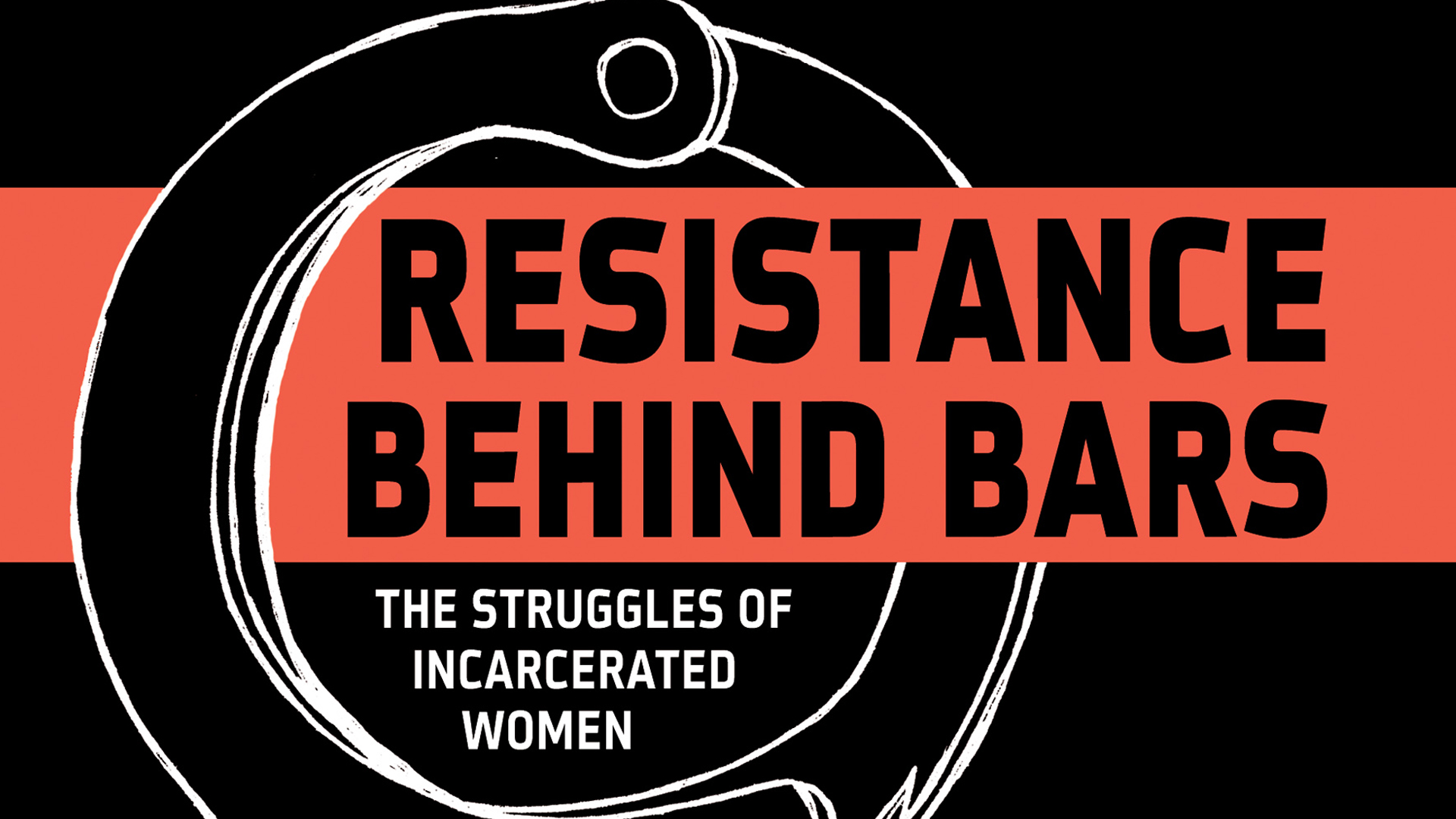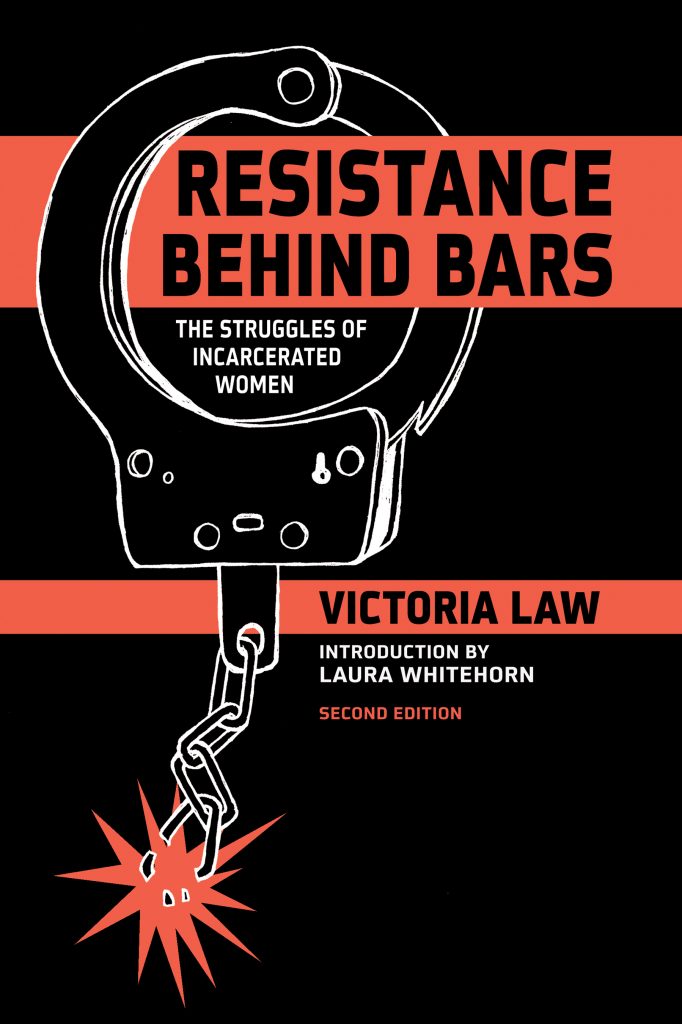By Alison M. Lewis
Drexel University, College of Information Science and Technology
Social Responsibilities Round Table Newsletter
June, 2009
For
anyone on the outside who has looked at the state of our justice system
or the overwhelming issues of violence, exploitation, and isolation
within the prison system, it is hard not to react with despair. Victoria
Law’s Resistance Behind Bars: The Struggles of Incarcerated Women
manages to both convey the difficulties of life for women prisoners and
provide a sense of hope based on these women’s own voices and actions.
She shatters some of the myths of feminine passivity by providing
examples of both active and subtle resistance on the part of
incarcerated women, from bringing charges against abusive guards in
spite of the threat of reprisals to fighting for transportation for
visits from prisoners’ family members.
According to the latest available statistics (mid-year 2008, from Bureau of Justice website), there are almost 116,000 women held in state and federal prisons in the United States, about 7.2% of the prison population. The rate of incarceration in our country, particularly of women, has risen steadily in past decades, fueled by the so-called “War on Drugs,” mandatory minimum sentencing, and other public policies that target the poor and most vulnerable in our society. The prison “industry” is one of the few growth sectors in our failing economy.
Law’s book provides
chapters devoted to health care issues, mothers and children, sexual
abuse, education, and prison labor. In addition to describing the
oppressive and inhumane conditions that incarcerated women face, she
shares examples of how women cope in this environment, empowering both
themselves and others. One woman, earning sixty-four cents a day in her
job as a prison GED tutor, described her work as “rewarding ” as she
shares in the happiness of her students’ steps forward in their literacy
and education. Mothers in prison, aided by advocacy groups on the
outside, have successfully lobbied for greater access to their children.
Even the smallest positive steps forward can have far-ranging affects
on women’s sense of dignity and personal empowerment.
There
have been a number of excellent books written in recent years regarding
the United States’ prison system (Christian Parenti’s Lockdown America and Sasha Abramsky’s Hard Time Blues come to mind). Resistance Behind Bars
is different because it is self-consciously written from an activist
standpoint. Law is not a journalist nor an academic, but rather a
“writer, photographer, and mother” who helped start the Books Through
Bars—New York City organization, which sends reading materials to the
incarcerated. She includes in the book a list of “Recommended Readings”
from activist and prisoner perspectives, as well as a list of resources
consisting mainly of organizations focused on prisoner advocacy and
services. This book will fill a gap on the shelves of all libraries
which strive to fulfill the Library Bill of Rights’ directive to
“provide materials and information presenting all points of view on
current and historical issues.”







